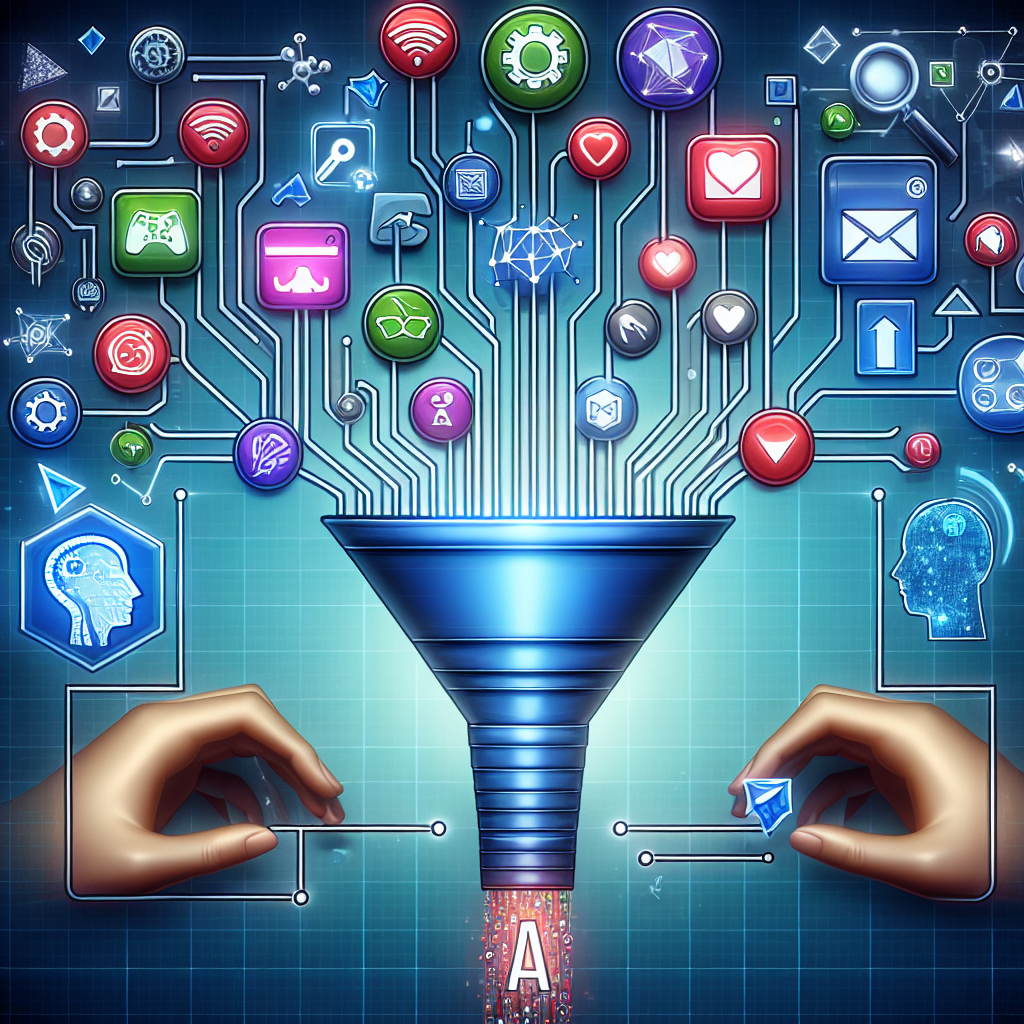The Intersection of AI and Game Marketing Strategies
In recent years, the gaming industry has seen a significant shift in the way games are marketed to consumers. With the rise of artificial intelligence (AI) technology, game developers and marketers have found new ways to reach potential players and engage with their target audience. This intersection of AI and game marketing strategies has opened up a world of possibilities for developers looking to promote their games in a more effective and efficient manner.
AI has revolutionized the way games are marketed by allowing developers to create personalized experiences for each player. By analyzing vast amounts of data, AI can tailor marketing campaigns to specific demographics, interests, and behaviors, ensuring that each player receives targeted and relevant content. This level of personalization has proven to be highly effective in engaging players and driving conversions.
One of the key ways AI is being used in game marketing is through predictive analytics. By using machine learning algorithms, developers can predict player behavior and preferences, allowing them to create targeted marketing campaigns that are more likely to resonate with their audience. For example, AI can analyze a player’s past behavior, such as the games they have played and the in-game purchases they have made, to predict what types of games they are likely to be interested in. This information can then be used to create personalized marketing messages that are tailored to each player’s individual preferences.
AI is also being used to automate and optimize marketing campaigns, saving developers time and resources. By using AI-powered tools, developers can analyze data in real-time, identify trends and patterns, and make data-driven decisions about their marketing strategies. This level of automation allows developers to focus on creating great games while AI handles the heavy lifting of marketing and promotion.
Another way AI is being used in game marketing is through chatbots and virtual assistants. These AI-powered tools can interact with players in real-time, providing them with information about games, answering questions, and even guiding them through the purchasing process. Chatbots and virtual assistants provide a personalized and engaging experience for players, helping to build brand loyalty and drive conversions.
As AI continues to evolve, game developers and marketers will have even more opportunities to leverage this technology to create innovative and effective marketing campaigns. From personalized recommendations to automated marketing workflows, AI is changing the way games are marketed and helping developers connect with their audience in new and exciting ways.
FAQs
Q: How can AI help game developers create personalized marketing campaigns?
A: AI can analyze data to identify player preferences and behaviors, allowing developers to create targeted marketing campaigns that resonate with their audience.
Q: What are some examples of AI-powered tools used in game marketing?
A: Chatbots and virtual assistants are commonly used in game marketing to interact with players in real-time and provide personalized information and assistance.
Q: How can AI automate and optimize marketing campaigns for game developers?
A: AI can analyze data in real-time, identify trends and patterns, and make data-driven decisions about marketing strategies, saving developers time and resources.
Q: How is AI revolutionizing the way games are marketed to consumers?
A: AI is allowing developers to create personalized experiences for each player, tailor marketing campaigns to specific demographics, interests, and behaviors, and engage with their audience in new and innovative ways.

